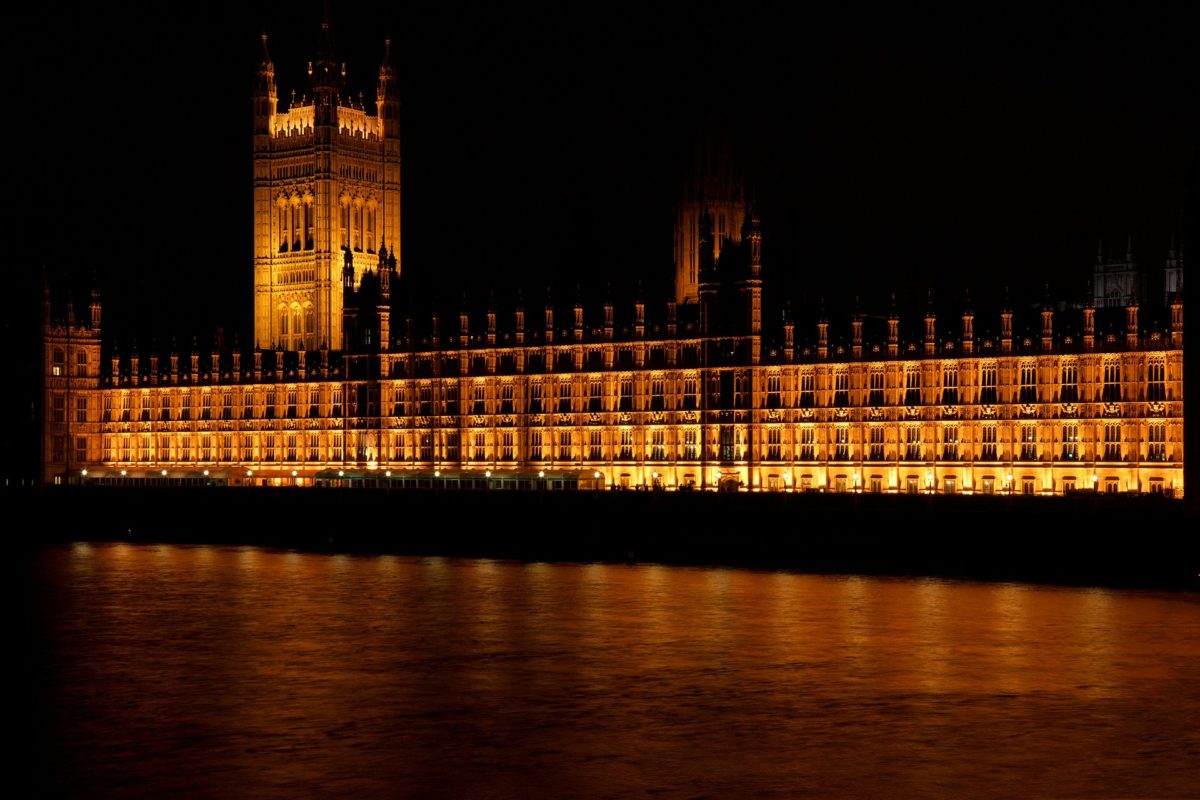The U.K. government’s Department for Business, Energy and Industrial Strategy (BEIS) is overseeing a ‘longer duration' energy storage competition, with millions up for grabs for innovative entrants.
As part of the U.K.’s £1 billion (€1.2 billion) Net Zero Innovation Portfolio, the competition has as much as £68 million (€79.5 million) available in capital funding for new technology projects which can store energy for longer than four hours, to support renewable power generation.
The storage technologies listed in the scope of the competition include electric, thermal, and “power-to-x” projects and exclude “widely deployed U.K. commercial demonstration” tech such as lithium-ion, pumped hydro, or large water tanks.
The competition guidance document requests first-of-a-kind, full-system prototypes or demonstrator projects. While global companies can enter the contest, provided they are U.K.-registered, demonstrations must be relevant for the U.K. energy system and take place in the U.K.
Streams
The competition is split into two streams for competitors to receive grants or funding.
Stream one applies to more commercially advanced projects involving actual demonstrations. Up to £1 million (€1.2 million) will be given to projects that reach phase one. A final three projects from phase one will then advance to phase two, where around £11 million will be available in grants.
Stream two involves earlier-stage projects, with lower technology readiness levels. Some 12 projects are set to be awarded, with £150,000 (€175,000) per project for phase one. As with stream one, a final three projects will then be chosen to progress to phase two development, and each will be awarded a maximum of £9.45 million (€11 million).
Finalists in each stream must plan to start their phase one efforts in November with a completion date in November next year. Phase two will start in December next year, with projects completed, at the latest, by March 2025.
BEIS has also launched a low-carbon hydrogen competition, with up to £60 million available in funding, and following a similar timeline to the longer-duration storage contest.
A previous £33 million (€38.6 million) low-carbon hydrogen competition produced five winners across carbon capture and storage technology, offshore wind-powered production, and a U.S.-based winner, with technology developed by the Gas Technology Institute, a natural gas-focused non-profit.
This content is protected by copyright and may not be reused. If you want to cooperate with us and would like to reuse some of our content, please contact: editors@pv-magazine.com.




It is clearly a good idea to open such competition s to foreign entrants with good proposals. There is distinguished precedent for this in the famous 18th-century British Longitude Prize, which led to the development of the marine chronometer. The great Swiss mathematician Leonhard Euler received a modest interim award for contributions to the rival astronomical method.